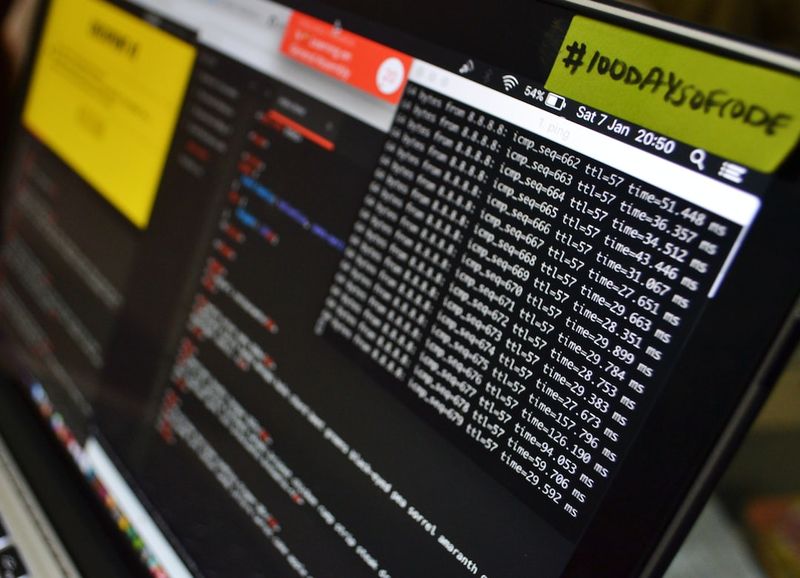Amazon Ring Settles for $5.8 Million Over Lax Security
The Federal Trade Commission (FTC) reached a $5.8 million settlement with Amazon Ring, an American home security company owned by Amazon, over alleged violations of data security practices, according to a court complaint filed by the FTC. The commission argued that Ring failed to take essential measures to prevent cyberattacks, resulting in several account compromises affecting 55,000 U.S. customers. The settlement followed a series of incidents in 2019 where hackers accessed Ring cameras to harass and stalk owners, including families and children. The settlement also highlighted Ring’s practice of allowing every employee and contractor to access customers’ video feeds, leading to highly sensitive data being accessible to unessential personnel.
The Security Lapses Found
The FTC investigation revealed several “unreasonable data security and privacy practices” carried out by Ring between 2016 and 2020, including its inability to encrypt customer video while at rest, obtain customer consent for reviewing video data for research, and failing to provide data security training to employees. Despite Ring’s’ security promises and claims, the complaint stated that the company’s security measures were insufficient regarding preventing cyberattacks and safeguarding customer data.
Implications of the Settlement
The settlement sets a precedent for more substantial companies controlling consumers’ internet of things (IoT) devices to prioritize internet security issues to protect their customers. Additionally, it highlights the lack of federal policies and regulations concerning IoT security issues. Ring confirmed that it had updated its security practices by encrypting video feeds and proactively monitoring credential stuffing in its systems. However, the settlement raises concerns about internet security policies and how it affects customers’ privacy.
Editorial: Cybersecurity and IoT Devices
The Ring case brings to light the dire need for a regulatory framework on IoT security issues. Without proper IoT security guidelines, the consumer electronics market may continue to prioritize profits over internet security problems. Companies need to realize their responsibility to prioritize their customers’ privacy and security in their technological innovations, as several IoT devices are vulnerable to cyberattacks, leaving customer data exposed.
Advice for Consumers
As the number of connected devices in our homes increases, it’s essential for consumers to take appropriate measures to secure their devices. Users need to ensure that their devices have proper authentication mechanisms, especially regarding passwords. Additionally, they should regularly check for system updates, and users should be cautious when clicking links or opening attachments from unknown sources. Finally, users should prioritize internet security in their device communication channels, using secure networks and multitiered authentication systems to safeguard themselves from cyberattacks.

<< photo by Szabo Viktor >>




